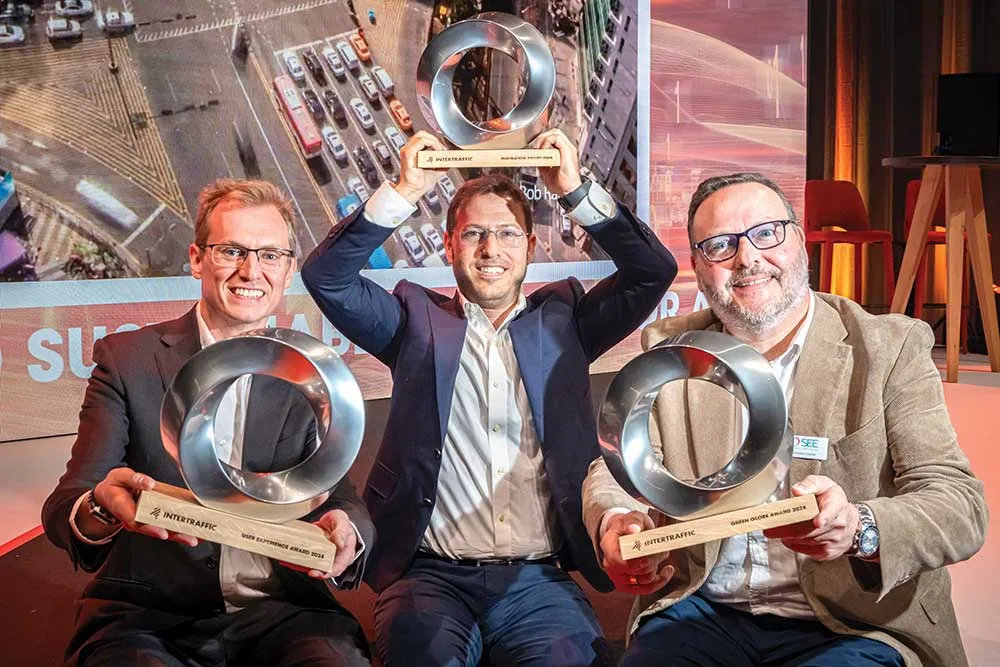Itron has chosen Instrumentation Technologies (I-Tech) and Noesis.Network as winners of its inaugural smart city challenge.
The companies won the awards for designing Internet of Things (IoT) solutions for London and Glasgow, after developing solutions using Itron’s developer tools and IoT networks in both UK cities.
In London, I-Tech designed a two-step solution to improve safety around the River Thames by allowing the city to monitor lifebelts and pinpoint the locations of a person in need of rescue support.
The first step of the solution suggests the deployment of battery-powered devices that will monitor the lifebelts. To prevent misuse, the device will sound a high-pitched alarm if a lifebelt is removed. If the lifebelt is not placed back in its housing unit for eight seconds, an emergency message will be sent via the Itron IoT network to notify emergency services. The second part includes a ‘jumper detection’ system that uses an optical scanner to identify when people fall from the bridge and to track their precise location to assist first responders. It is expected to operate in thick fog and uses data processing to help ensure its lasers are detecting people instead of birds or falling objects.
Giles Radford, highways manager, department of the built environment at the City of London Corporation, says: “With I-Tech’s solution, we will be able to shorten response times in dangerous situations to improve safety for our citizens.”
For the Glasgow challenge, Noesis’ solution deploys acoustic sensors on lampposts in areas with anticipated noise pollution caused by events such as conferences and concerts and related traffic. The distributed network of noise sensors gathers data on the noise source, location, sound profile and power level. They can also be upgraded over the air to support future use cases such as traffic management and public safety.
Kees Den Hollander, chief commercial officer, Noesis Network, says: “For this challenge, we designed a solution that will utilise wireless networks to create real-time, highly granular sound maps with our acoustic sensors.”
I-Tech and Noesis will continue to develop their solutions in the cities while receiving continuing support from Itron to help bring their innovations to market.
Itron announces winners of inaugural smart city challenge
Itron has chosen Instrumentation Technologies (I-Tech) and Noesis.Network as winners of its inaugural smart city challenge.
The companies won the awards for designing Internet of Things (IoT) solutions for London and Glasgow, after developing solutions using Itron’s developer tools and IoT networks in both UK cities.
In London, I-Tech designed a two-step solution to improve safety around the River Thames by allowing the city to monitor lifebelts and pinpoint the locations of a person in need of rescue su
June 20, 2019
Read time: 2 mins









